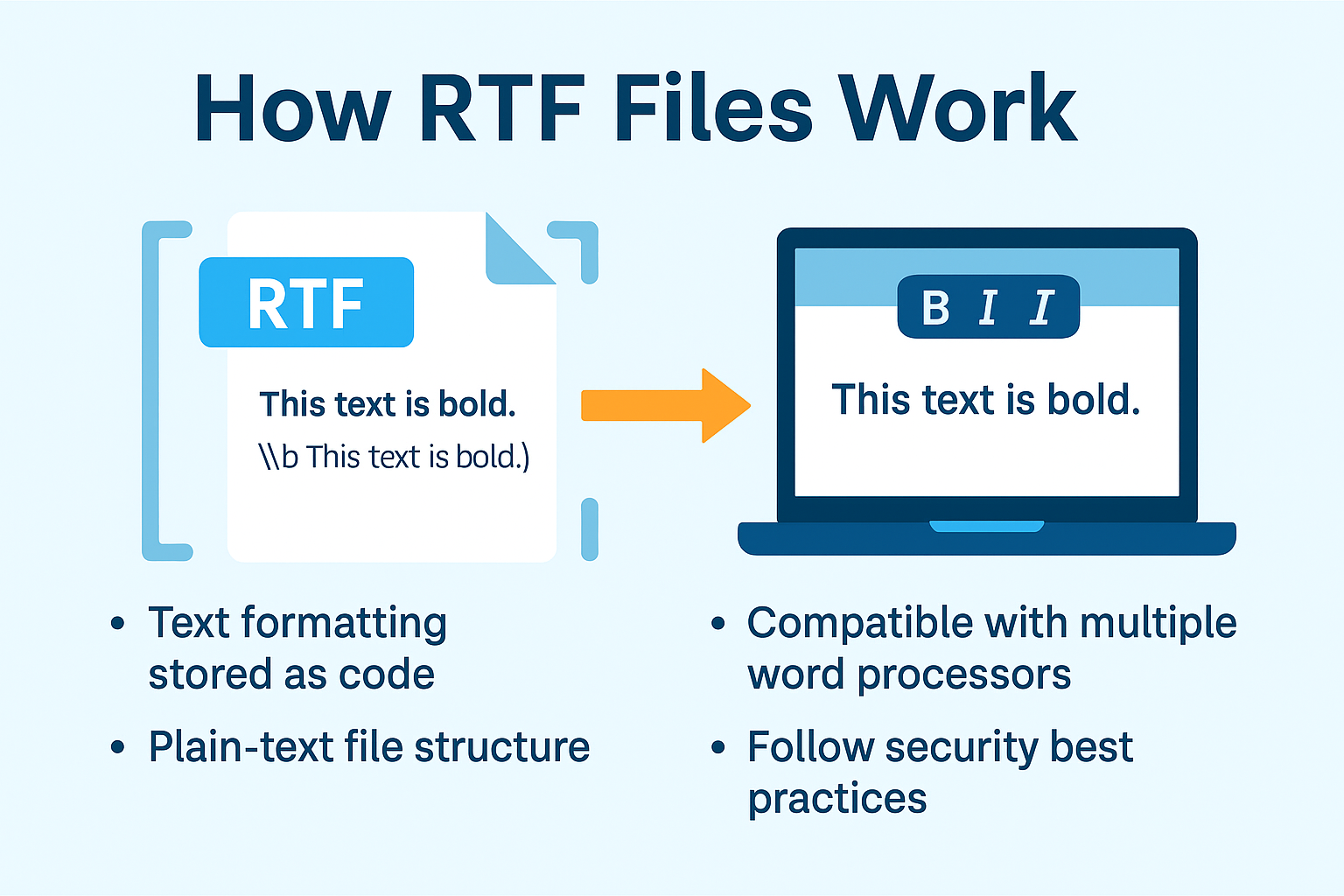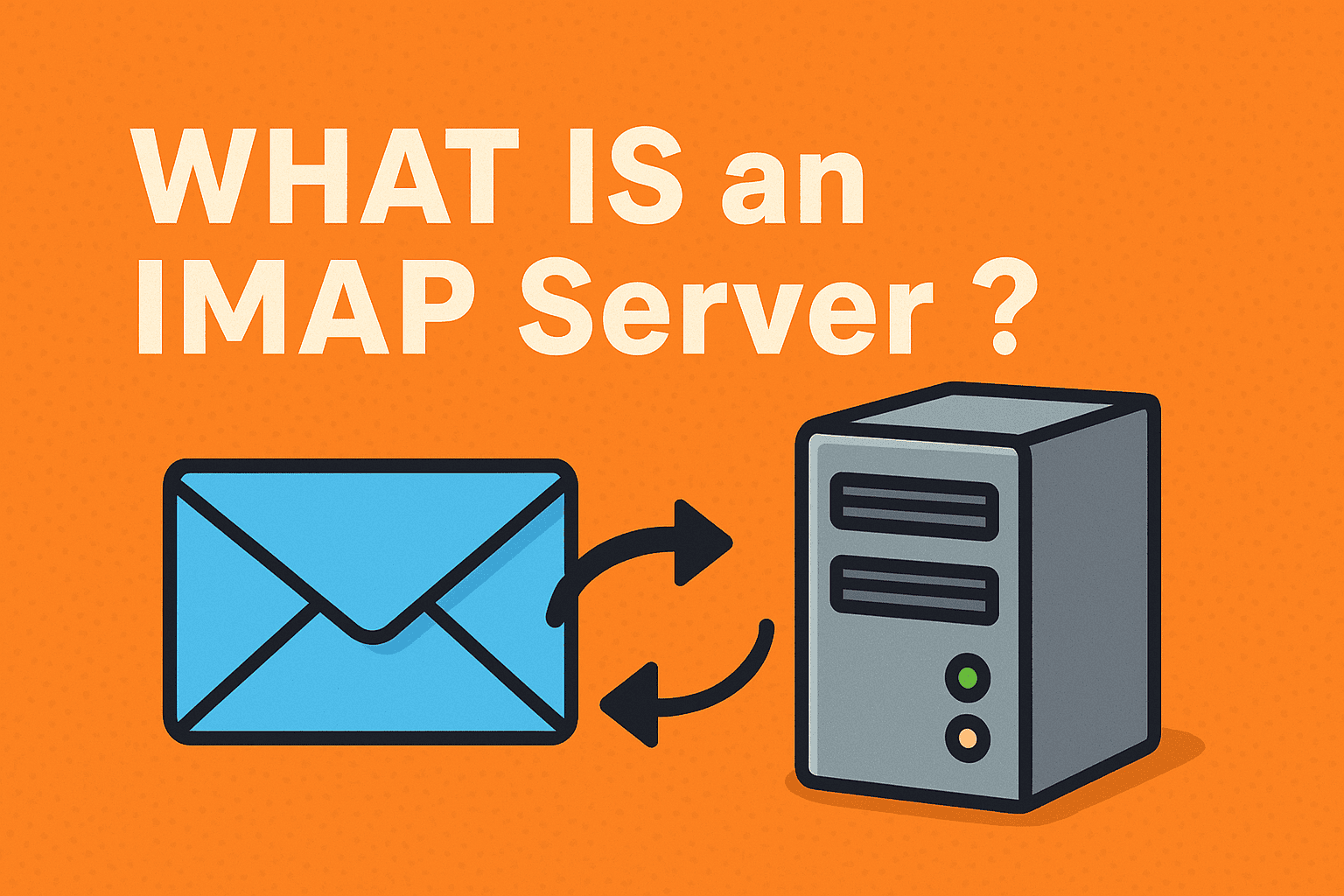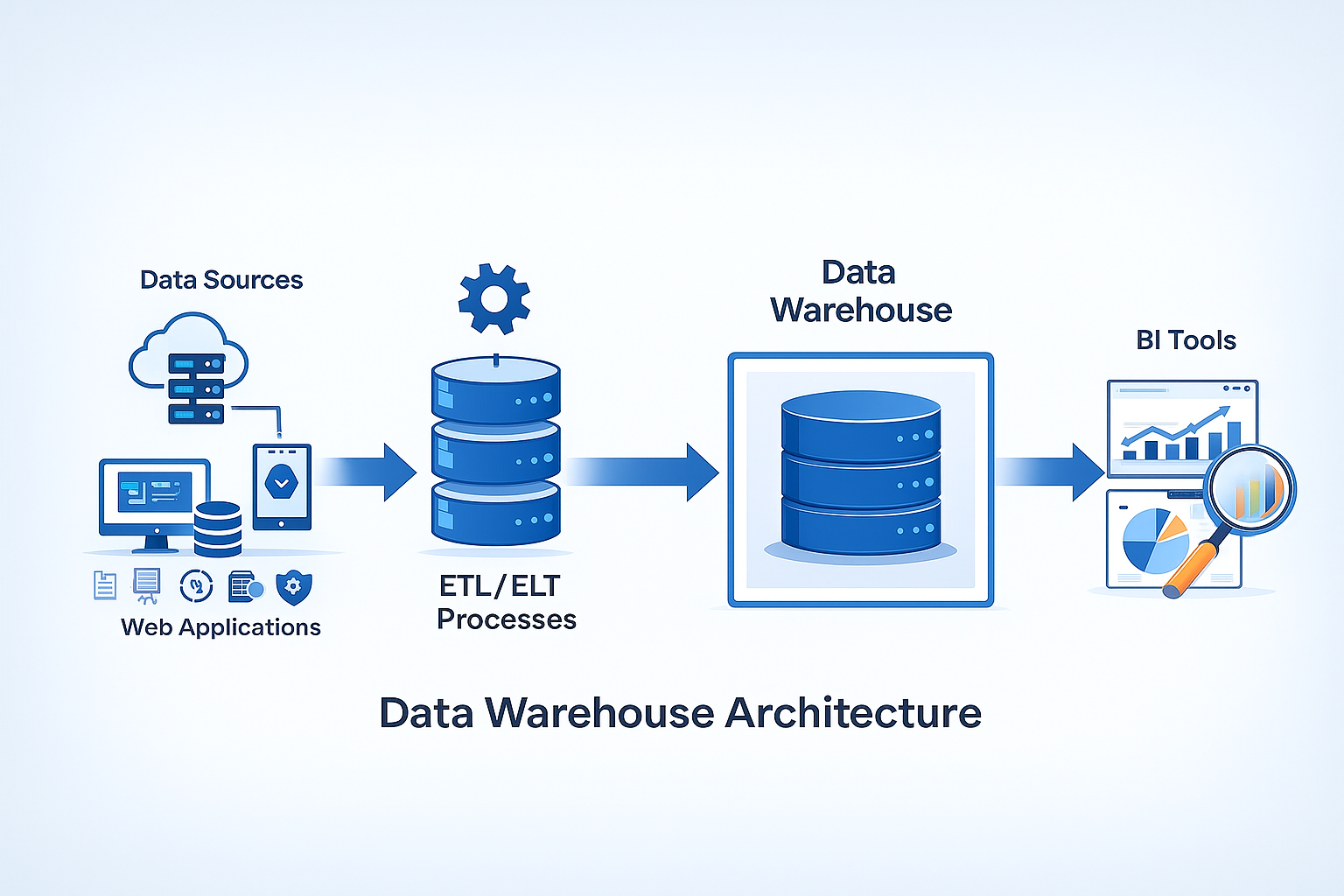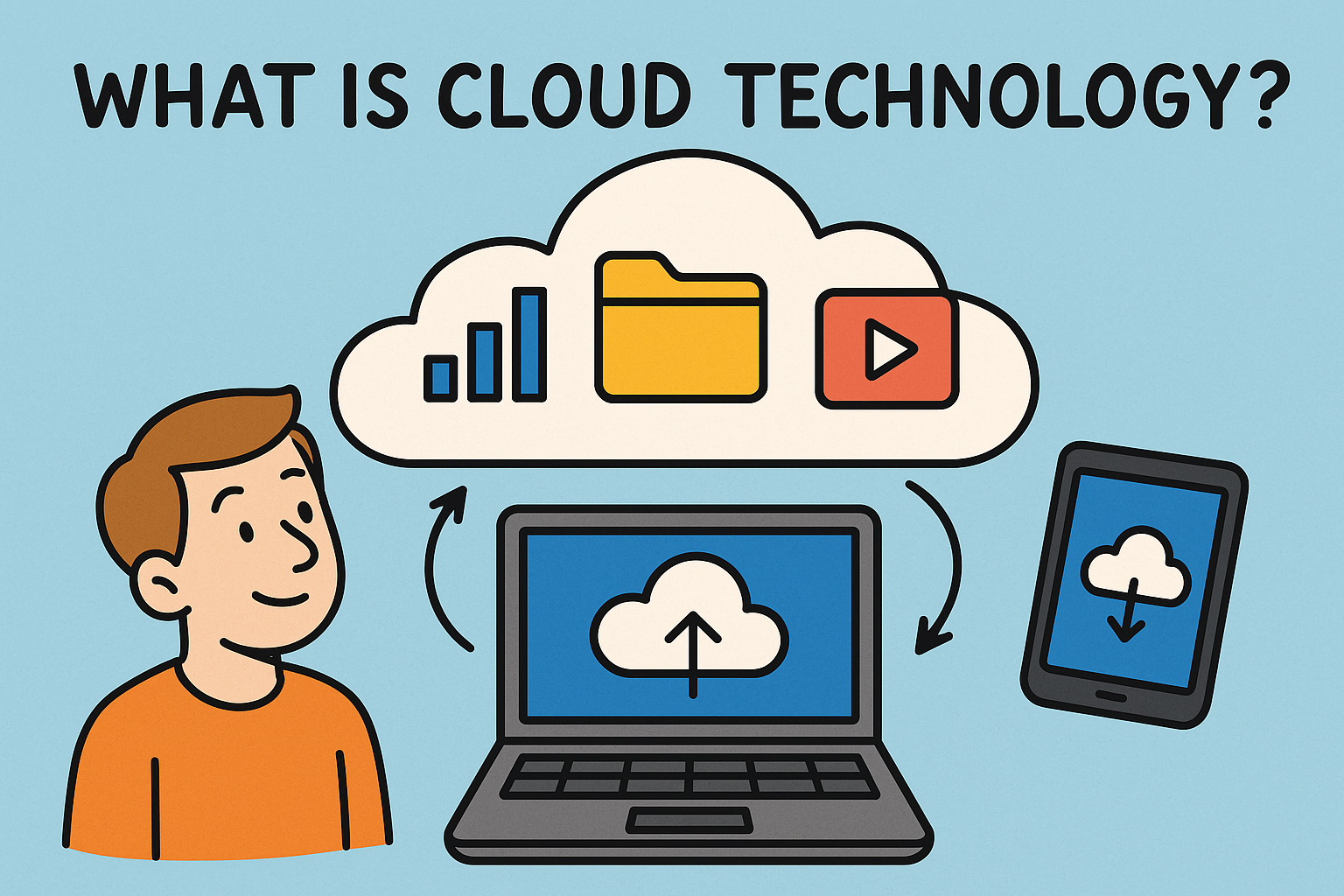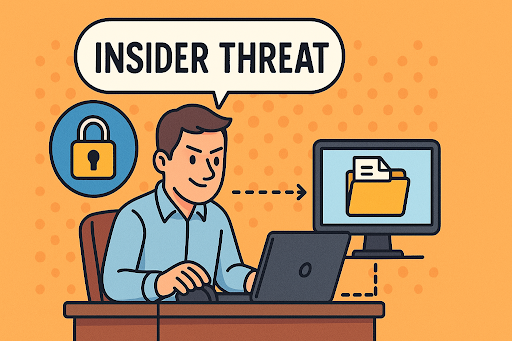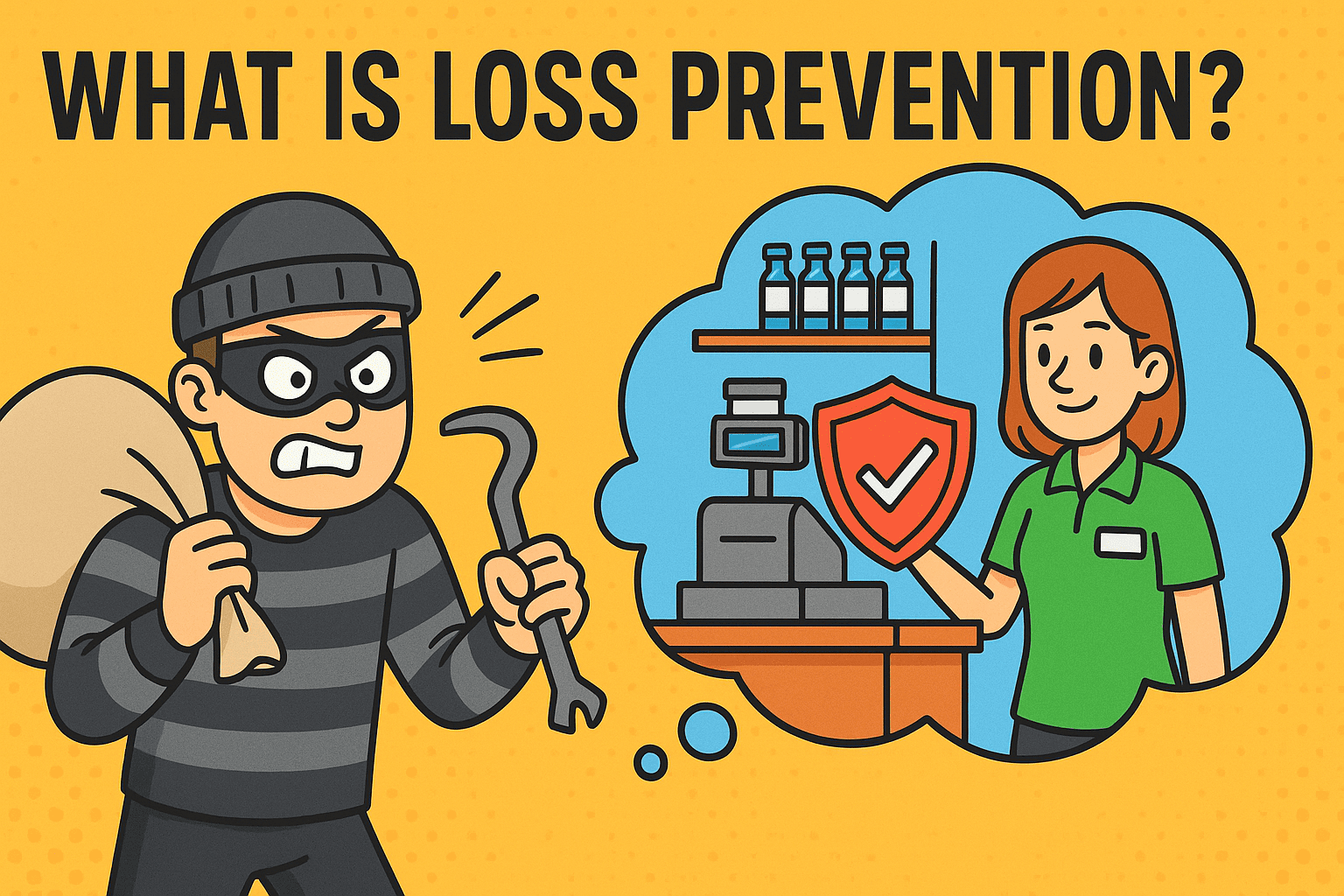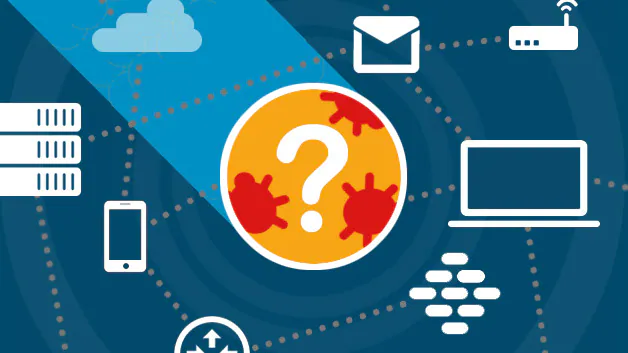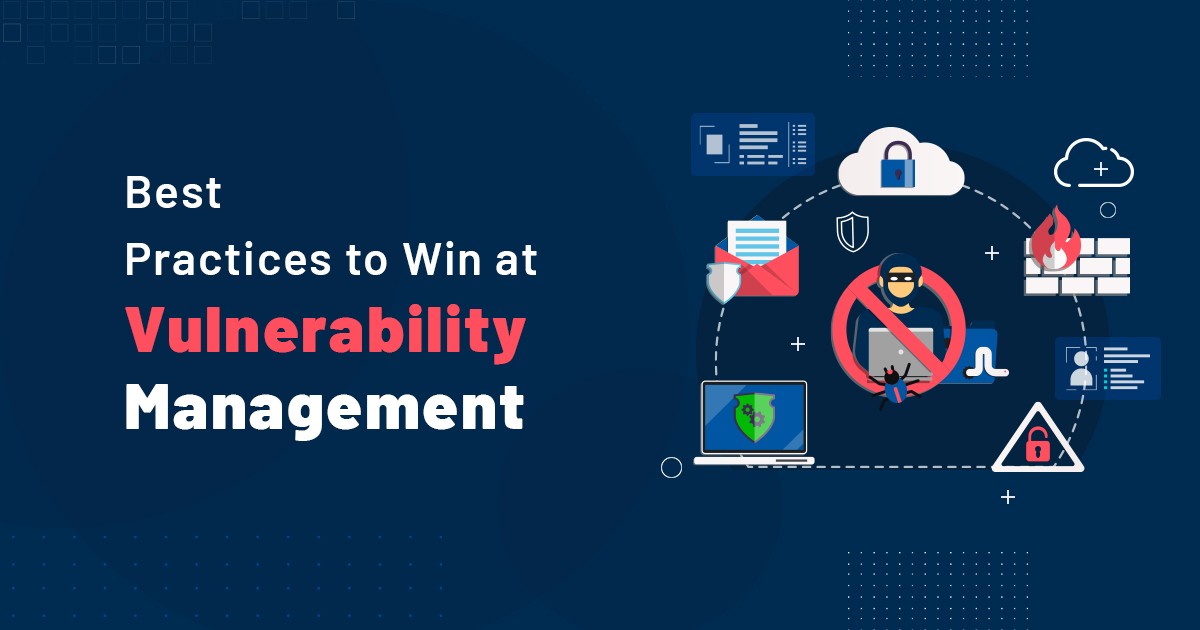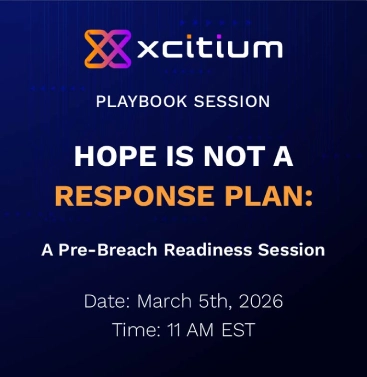What’s a Good Free Antivirus? The Best Options Explained
Updated on September 23, 2025, by Xcitium
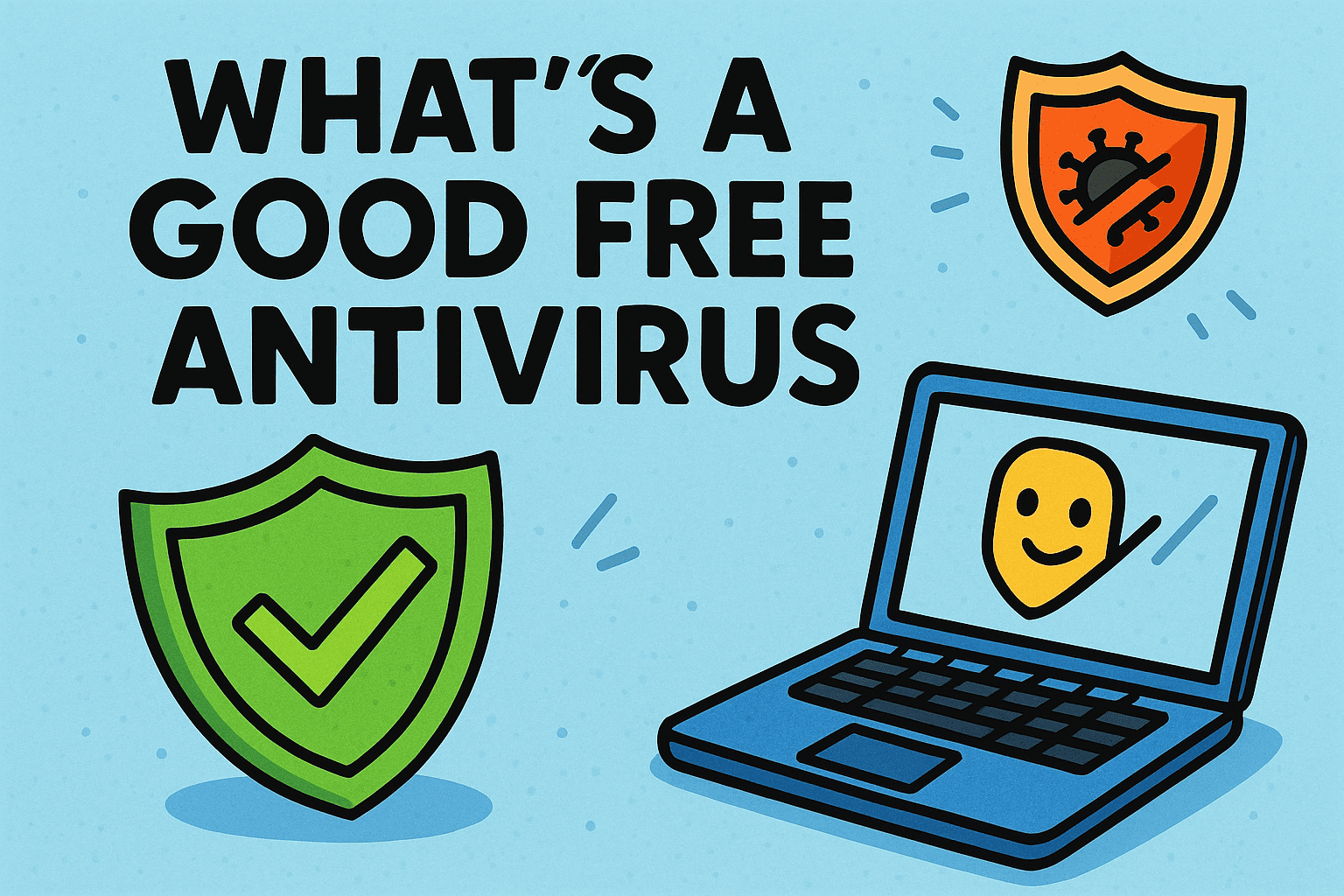
Cyber threats are evolving at an alarming pace. Did you know that over 450,000 new malware samples are detected every single day? If you’re asking yourself, “what’s a good free antivirus?”, you’re not alone. Businesses, IT managers, and everyday users all want effective protection without breaking the bank.
The good news is that free antivirus tools can provide basic security for your devices, especially when combined with safe browsing habits. But not all free options are created equal. In this guide, we’ll explore the best free antivirus software, compare their features, and explain when you should consider upgrading to a paid or enterprise-level solution.
Why You Need Antivirus in Today’s Digital Landscape
Even with built-in protections like Windows Defender, free antivirus software adds an extra layer of defense against:
-
Malware and ransomware
-
Phishing attacks
-
Spyware and adware
-
Unauthorized applications
For businesses, the stakes are even higher. A single breach can cost millions in damages and reputational harm. IT managers and executives must ensure employees have baseline endpoint protection, even if it starts with a free solution.
What’s a Good Free Antivirus? Key Features to Look For
When evaluating free antivirus options, prioritize these features:
-
Real-time protection – Detects threats instantly.
-
Frequent updates – Security is only as strong as its latest patch.
-
Malware removal tools – Scans and cleans infected files.
-
Lightweight performance – Won’t slow down business systems.
-
User-friendly interface – Simple for employees and individuals to use.
👉 Remember: Free versions typically offer limited protection. They’re great for personal devices, but enterprises need advanced endpoint detection and response (EDR).
Top Free Antivirus Software
1. Xcitium Free Antivirus
Xcitium is not just another antivirus — it’s powered by ZeroDwell technology and Default Deny protection. Unlike traditional AVs, Xcitium isolates unknown files in a virtual container until they are verified safe, ensuring no malware ever touches your real system.
-
✅ Pros: Advanced threat prevention, zero false positives, lightweight design.
-
❌ Cons: Some enterprise-grade features require premium.
-
⭐ Best for: Businesses and individuals who want maximum protection without slowing down devices.
2. Avast Free Antivirus
One of the most popular free solutions, Avast provides real-time protection and phishing defense.
-
✅ Pros: Easy to use, includes WiFi inspector.
-
❌ Cons: Collects user data for advertising, some advanced tools require premium.
3. AVG AntiVirus Free
Owned by the same company as Avast, AVG offers malware and spyware protection.
-
✅ Pros: Lightweight, strong malware detection.
-
❌ Cons: Pop-up ads, limited advanced features.
4. Bitdefender Antivirus Free Edition
Known for its strong malware detection rates with minimal system impact.
-
✅ Pros: Excellent real-time scanning, clean interface.
-
❌ Cons: Limited customization options.
5. Avira Free Security
Provides malware scanning and a built-in VPN with restrictions.
-
✅ Pros: Extra features like password manager.
-
❌ Cons: VPN is limited to 500MB/month.
5. Windows Defender (Microsoft Defender)
Built into Windows 10 and 11, providing baseline protection.
-
✅ Pros: No installation needed, integrates well with Windows.
-
❌ Cons: Not as strong against sophisticated phishing or ransomware.
Free vs Paid Antivirus: Should You Upgrade?
While free antivirus software offers good basic protection, paid solutions include:
-
Ransomware protection
-
Advanced firewall controls
-
VPN access
-
Cross-device coverage
-
Enterprise-level monitoring
For businesses handling sensitive data, free antivirus is not enough. Organizations should adopt Zero Trust security models and enterprise-grade endpoint protection.
Cybersecurity Tips to Maximize Free Antivirus Protection
Even the best free antivirus won’t keep you safe without smart practices. Here’s how to stay secure:
-
Keep your antivirus updated – Outdated software leaves gaps.
-
Enable automatic OS updates – Patch vulnerabilities quickly.
-
Avoid suspicious downloads – Free antivirus can’t stop poor decisions.
-
Use strong, unique passwords – Add MFA wherever possible.
-
Segment work and personal devices – Don’t expose company data unnecessarily.
Business Perspective: Free Antivirus in Enterprises
Free antivirus is not designed for enterprises, yet some small businesses still rely on them due to cost concerns. The risks include:
-
No centralized management for IT teams.
-
Limited reporting and monitoring capabilities.
-
No compliance guarantees for industries like healthcare or finance.
For executives and IT managers, investing in enterprise-grade endpoint protection is essential to avoid cyber incidents that free tools cannot prevent.
FAQ: What’s a Good Free Antivirus?
Q1. Is free antivirus enough for personal use?
Yes, free antivirus like Avast, Bitdefender, or Windows Defender can handle basic protection. But for full security, consider paid options.
Q2. What’s the downside of free antivirus?
Limited features, ads, and weaker protection against advanced threats such as ransomware.
Q3. Can businesses rely on free antivirus software?
No, businesses should not. Enterprises require managed detection, response, and compliance-ready security tools.
Q4. Is Windows Defender a good free antivirus?
Yes, it’s a strong baseline tool for Windows users, but adding a secondary layer improves security.
Q5. What’s the safest free antivirus?
Bitdefender and Avast consistently rank among the best for malware protection and lightweight performance.
Conclusion
If you’re asking “what’s a good free antivirus?”, there are plenty of solid choices like Avast, AVG, and Bitdefender. However, if you want next-generation protection, the answer is clear: Xcitium Free Antivirus is the best antivirus.
Its unique Default Deny architecture, lightweight performance, and ability to stop unknown threats before they execute set it apart from competitors. For businesses, upgrading to Xcitium’s enterprise security suite ensures complete endpoint protection and peace of mind.
👉 Don’t settle for basic protection — Request a Demo with Xcitium and experience the future of antivirus security today.



